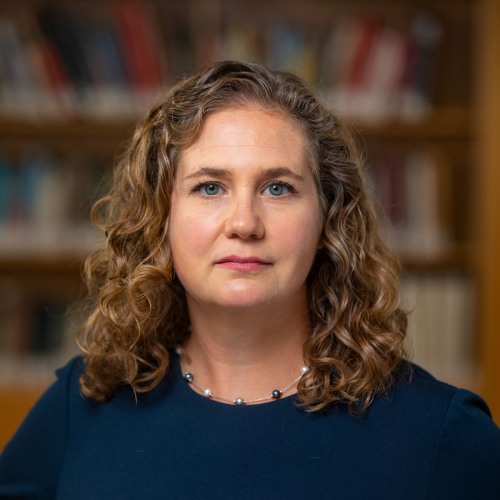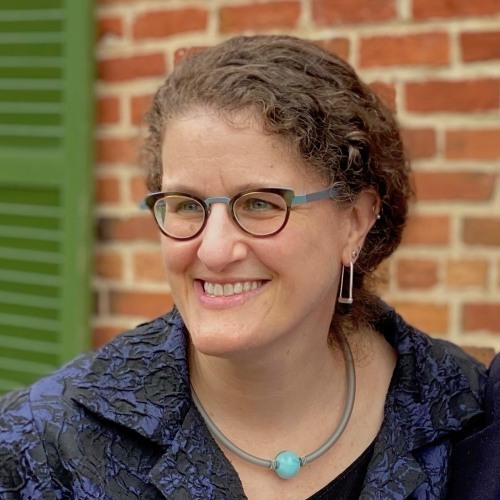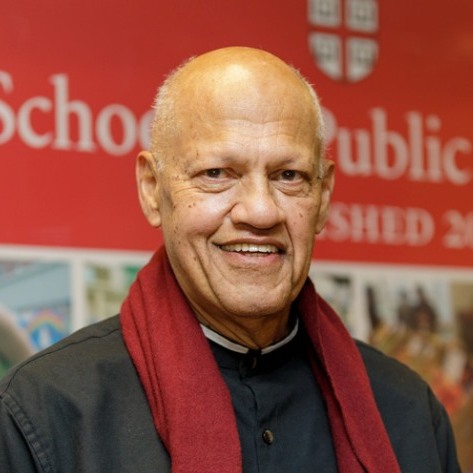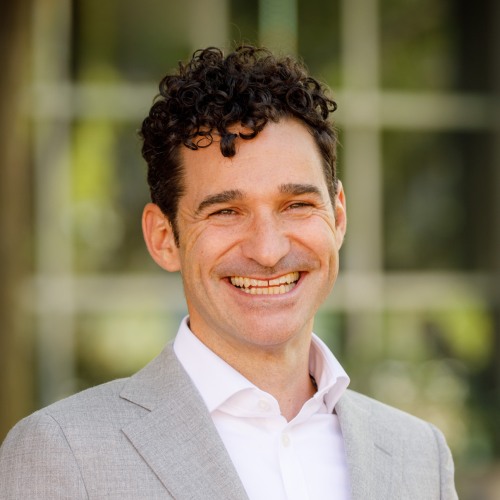Pandemics
-

Jennifer Nuzzo, DrPH
Director of the Pandemic Center, Professor of EpidemiologyResearch Interests: Pandemics and public health preparedness and response, health systems resilience -

Beth Cameron Ph.D.
Senior Advisor to the Brown Pandemic Center, Professor of the Practice of Health Services, Policy and PracticeResearch Interests: health policy, pandemic preparedness, government pandemic response, biosecurity, bioterrorism -

Wilmot James, Ph.D.
Senior Advisor to the Brown Pandemic Center, Professor of the Practice of Health Services, Policy and PracticeResearch Interests: global health, vaccine manufacturing, pandemic preparedness, biosecurity -

Alyssa Bilinski, Ph.D.
Peterson Family Assistant Professor of Health Policy, Assistant Professor of Health Services, Policy and Practice and of BiostatisticsResearch Interests: COVID-19, Infectious disease epidemiology, data-driven infectious disease management -

Craig Spencer, M.D., MPH
Associate Professor of the Practice of Health Services, Policy and PracticeResearch Interests: Emergency medicine physician, frontline preparedness, global health, real world impact, equitable access to treatment
Our experts in the news
Scientific American
As the U.S. marks a year of measles outbreaks, is the disease back for good?
Professor of Epidemiology Jen Nuzzo on continuing measles outbreaks in the U.S. and possibility of losing measles elimination status.
US sees spike in flu cases in December, after most severe season since 2018
Jennifer Nuzzo, an epidemiologist at SPH, comments on flu spoke seen in December.
Pandemics are a choice
Distinguished Senior Fellow Stephanie Psaki argues that the world is at a rare moment in history where science could stop the next pandemic before it starts — if we choose to act.
Why undermining vaccines will endanger Americans’ freedom
Dean Ashish Jha explains why undermining vaccines will endanger Americans’ freedom in the Boston Globe.
Experts predict egg prices will only increase — here’s why
Jennifer Nuzzo, director of the Pandemic Center at Brown, commented on the top worries around bird flu in the U.S.
How RFK Jr.’s hand-picked CDC advisory panel voted on COVID vaccines and more
Commenting for PBS Newshour, Jennifer Nuzzo, an epidemiologist who directs the Pandemic Center at the Brown University School of Public Health says the manner in which the ACIP was reshaped in recent months, and Kennedy’s statements and actions on vaccines, has worked to undermine public health workers and institutions.